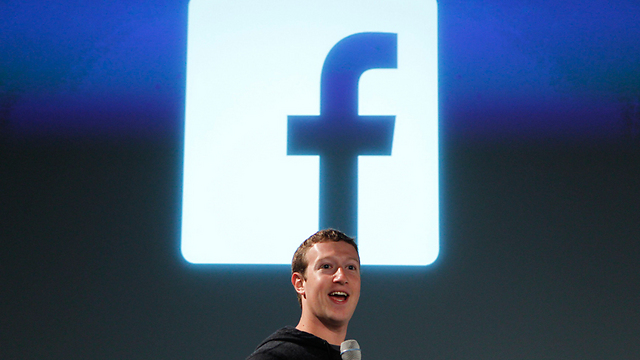
According to Globes, the page, which is managed by former journalist Avi Lan and his partner Adi Bentov Lan, posts jokes, memes, videos, and humanizing stories regarding the wrongs committed in Israeli society but does not operate merely based on content produced freely by users.
The hundreds of thousands of followers, and their Facebook friends, are exposed to these updates without knowing that institutional and corporate interests paid to promote the status.
Globes reporter Roy Goldenberg said that as opposed to content promoted through Facebook's internal system – which are clearly labeled as sponsored updates – Statusim Metzayitzim does not inform the reader that the post promotes a specific agenda.
A senior source in the digital marketplace told Globes that "you can find banking institutions or mobile operators which buy ads against their competitors in the form of customer service complaints, jokes, or horror stories. Many brands use the platform to launch campaigns that appear viral but are actually sponsored content."
He said the improper conduct has been occurring for over two years and "they make sure that someone – who usually writes and publishes on Statusim Metzayitzim – will write something funny, touching, or shocking on a specific subject, then Statusim Metzayitzim will 'happen' to find and publish it."
The source said the other method used by the page's managers was to "exploit a wave of posts by users on a given topic – say HOT (cable provider) customer service – and make sure every complaint is published. Paid updates not crafted in these ways are not nearly as successful."
The industry source added that he believed the page garners some 2 to 3 million post reach per week.
The behind-the-scenes work on the paid statuses is conducted in an orderly fashion, but hidden from the public's eye. Globes was given a presentation which clarified how the procedure works, and includes detailed prices for services rendered.
A potential client can expect to pay 7,500 shekels – including a 15 percent commission but not sales tax – for "sharing content and publishing a single status"; a video clip runs for 12,000 shekels.
The power couple also offers package deals with prices reaching into the tens of thousands, including, for example, a deal for ten video posts worth 84,000 shekels.
Another industry source told Globes that he billed tens of thousands of shekels a month to promote the agendas of his clients. One political party even noted that, in the current election cycle, it was offered a package costing hundreds of thousands of shekels to promote two updates a week until the elections.
It must be noted that in the terms & conditions of the page, the couple acknowledges the possibility that some of the content may be sponsored – but the disclaimer is hidden within the text and, most importantly, not publicized on the paid posts.
When questioned about the matter, Facebook clarified that direct payment for promoted posts – outside of the official system – violated the terms of the global social network.
At the time of publication, Facebook has not answered why it did not take any administrative measures to prevent Statusim Metzayitzim from collecting payment for promoted content.
Lan confirmed the report and responded that "Statusim Metzayitzim is one of the leading media outlets in the country, which reaches an audience of 3 million users a week, and like other leading media bodies, uses its various platforms and digital assets to also publish content under paid partnerships."
He added: "All the posts of Statusim Metzayitzim pass a stern test and are published only if they are viral, authentic, and stand up to the values of the brand. We also have the right to execute sponsored content transactions."
In its response, Facebook said "the company has a clear policy regarding the commercial use of the platform. Any commercial use where it was not intended on the site is a violation of that policy. Facebook is a platform for real and authentic content, and thus promoted content must be marked as such."
















